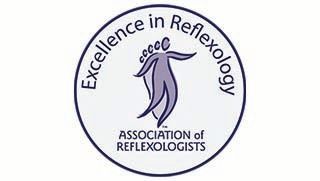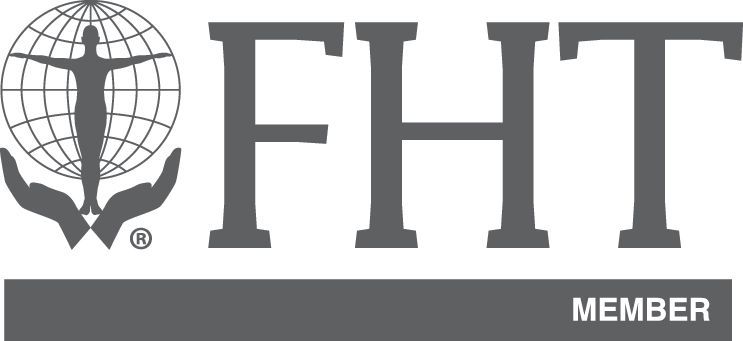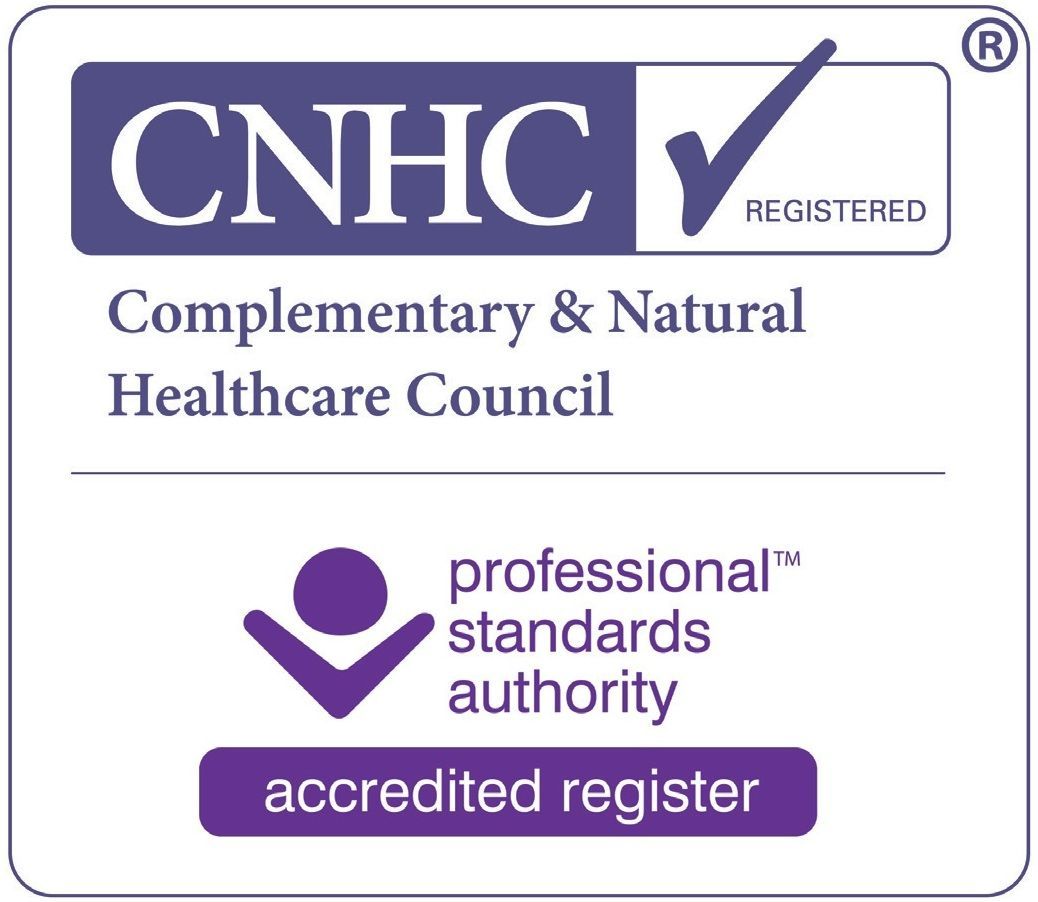
Understand and Experience the Benefits of Complementary Therapy with
Origins of Reflexology as a Complementary Therapy
Reflexology is a form of complementary therapy that dates back thousands of years. It can be traced back to the ancient civilisations of Egypt, India, Native America, and China.
The oldest documentation of the use of reflexology was found in Egypt. Early Egyptian artists observed and recorded scenes of daily life in their hieroglyphics, which included medical practices including treatments on the feet.
Origins of Indian Head Massage as a Complementary Therapy
This gentle form of massage therapy is part of Indian family life
and
is a therapy Indian head massage has been used in Asia for over 5,000 years. It comes from Ayurveda, an ancient method involving natural therapies, which takes into account mind, body and spirit.
Modern Zone Therapy
Reflexology and Indian Head Massage as Complementary Therapies
Complimentary Therapies
Today, complementary therapies are often used by people to help them feel better and cope with their condition or help increase their sense of wellbeing.
Many doctors and medical practitioners have witnessed the results of complementary and/or alternative therapies with positive emotions and wellbeing helping to improve physical health.
There is also growing evidence that certain therapies can help to control symptoms of treatments and side effects.
One study has found that reflexology helped ease some side effects from chemotherapy in women being treated for metastatic breast cancer.
Practitioners
Along With Traditional Medicine
The National Health Service in the UK distinguishes between the two categories with complementary therapies being used to complement traditional medicine whilst alternative therapies may be chosen as an alternative to medical interventions.
Regulations
In the UK it
isn’t illegal to offer complementary therapies without any training or qualifications to practice.
I have studied reflexology and hold a VCTC Diploma Level 3 in Reflexology. I am a member of the Association of Reflexologists (AOR), the Federation of Holistic Therapists (FHT) and I am registered with the Complementary and Natural Healthcare Council (CNHC).
CNHC is the UK voluntary regulator for complementary healthcare practitioners that was set up with government support to protect the public by providing a UK voluntary register of complementary therapists. CNHC’s register has been approved as an Accredited Register by the Professional Standards Authority for Health and Social Care. This means CNHC has met the Professional Standards Authority’s demanding standards.
I am fully insured to practice and I have an up-to-date DBS.




<br>
Tŷ Adweitheg Reflexology Therapies @The Mill is here to take you on a journey. Learn how reflexology can help you in managing anything the modern world can throw at you!
Contact Us
35 Rhodri Morgan Way,
Cardiff, CF11 8GB
Wales, UK
